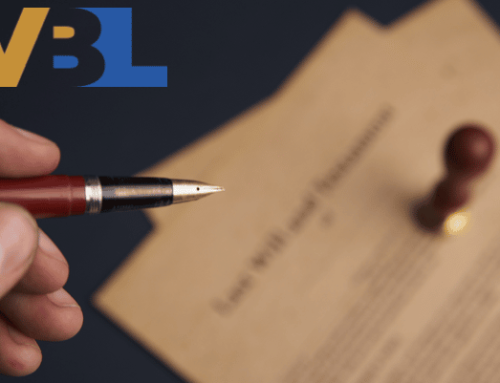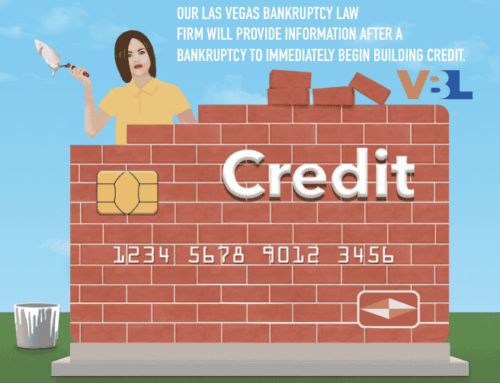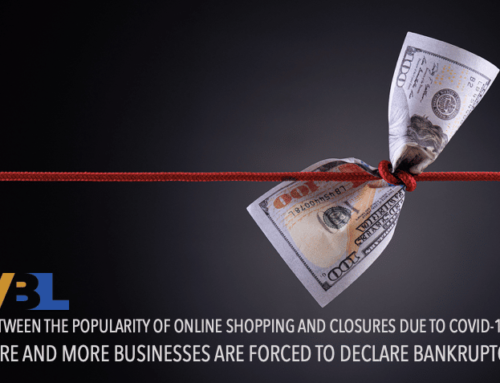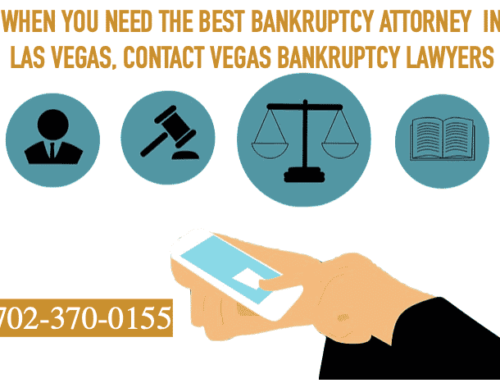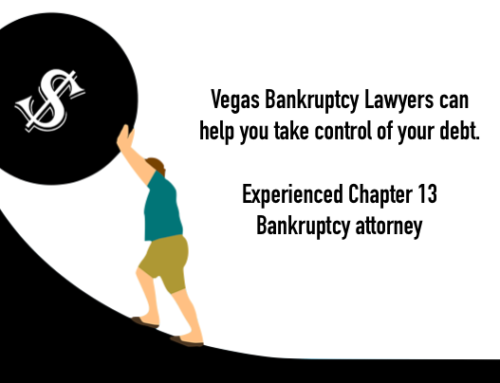Are My Retirement Savings Safe in a Bankruptcy?
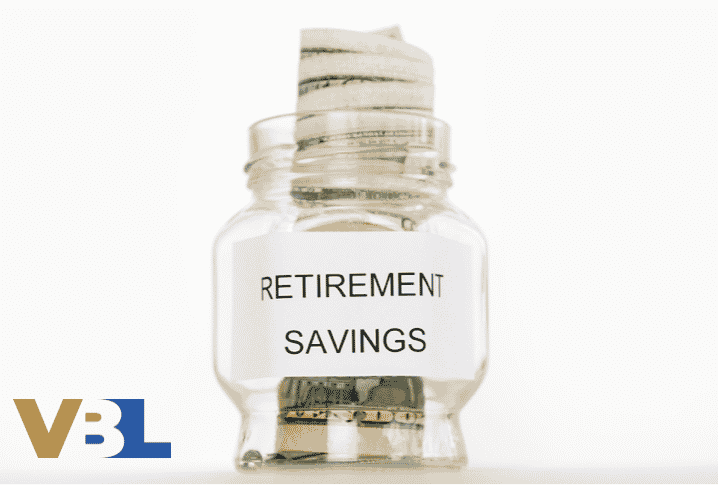
Bankruptcy lawmakers recognize that for the most part, it is best to allow filers to keep their retirement savings to reduce the need for financial assistance in the future. Many people struggling with debt consider both filing for bankruptcy and using retirement savings to pay off debts. It is important to understand how retirement accounts are treated in bankruptcy to truly understand which option is better for you.
Social Security Income
Social Security Income is exempt for the purposes of bankruptcy. Social security income will not be included when calculating your monthly income for the Chapter 7 qualification process. If you have an account that is strictly your social security income, it will also be exempt in your bankruptcy. However, issues can arise if your social security income is deposited into an account with other sources of income.
401(k) Accounts
Per Section 401(k) of the Internal Revenue Code, these savings accounts are exempt in bankruptcy. You will not be at risk of losing any 401(k) savings you have if you file bankruptcy.
Traditional IRA and Roth IRA Accounts
These retirement accounts have a limit on how much can be exempted in a bankruptcy. The current limit is $1,362,800, raised from the previous limit of $1,283,025 in 2020. The limit for IRA accounts usually increases once every three years.
Annuities
Some annuities will be protected in bankruptcy by the Internal Revenue Code, such as those that begin paying out after you turn 65. However, if you receive a windfall in the form of an annuity, such as lottery winnings, they will not be exempt in bankruptcy.
Pensions
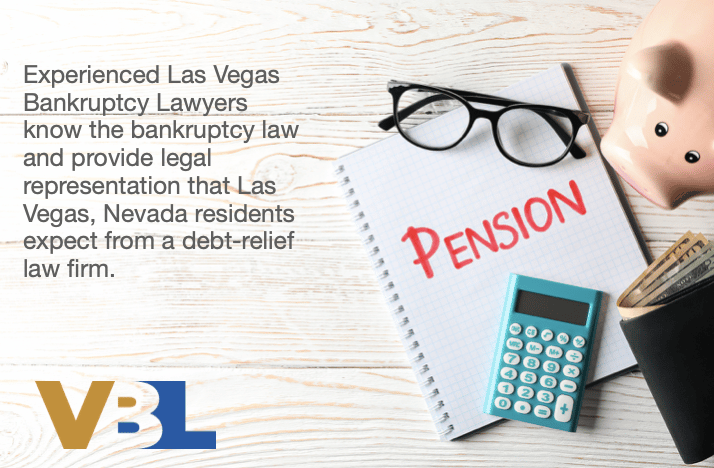
The Employment Retirement Income Security Act of 1974 (ERISA) protects many private company pension accounts in bankruptcy. Those accounts are exempt because your employer is required to adequately fund pension accounts, hold them separately from business asset accounts, and have a trust or insurance coverage.
Your pension account may not be ERISA qualified if you work for a non-profit organization, the government, a church, and certain other tax-exempt partnerships and organizations. They may still be protected in bankruptcy by certain provisions of the Internal Revenue Code.
Investment Properties
If you own land or a second home that you intend to be your retirement nest egg, it will need to fall under one of your state’s exemptions, or if your state allows, the federal wildcard exemption. A wildcard exemption can be used on any asset or property of the filer’s choosing. That exemption amount is $1,250, and the filer can add $11,850 of any unused homestead exemption. Filers who rent their primary home will be able to use that full amount towards protecting the investment property. Some states don’t allow you to elect federal exemptions. You should speak with a bankruptcy attorney in your state if you have questions about protecting an investment property in bankruptcy.
As long as your retirement plans meet the applicable requirements, they likely will be protected if you choose to file bankruptcy. There can be steep penalties for withdrawing from 401(k) and IRA accounts before they reach maturity. Therefore, you should at least consider filing for bankruptcy instead of withdrawing from retirement accounts to pay your debts. Another alternative to bankruptcy would be taking out a reverse mortgage on your home, which would allow you to pay your debts with the value of your home, with the bank taking possession of your home after you pass away. You should consult with a bankruptcy attorney to see if your home would be protected in a bankruptcy as well so you can still pass on your home to your relatives.
Bankruptcy Questions? Our Las Vegas Lawyers Can Help.
If you have more questions about how your retirement accounts would be affected by bankruptcy, our office offers free initial consultations. We can answer your questions about bankruptcy and if you decide to file, provide you with expert representation at fair and affordable rates. Take the first step towards freedom from debt and schedule your free consultation today.





